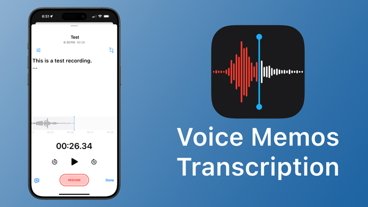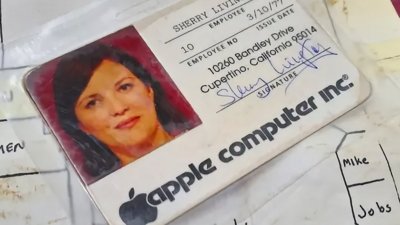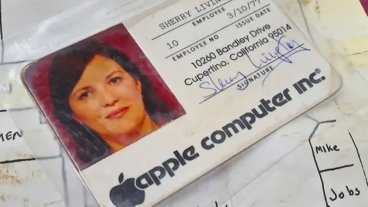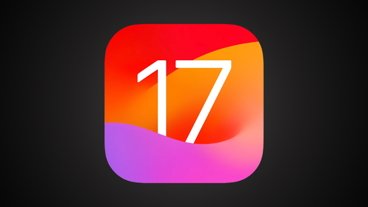EU Core Technology Fee for small & non-profit developers pared way back
Responding to criticism that its Core Technology Fee for EU developers could see small App Store developers owing Apple excessive fees, the company has revised its rules for eligibility.
As part of complying with the EU's mandate that it open up the iPhone to third-party app stores, Apple established a Core Technology Fee that would be levied on developers for the use of its services. Some developers would not have to pay at all, but others would see fees of half a Euro per install, after a certain threshold, and Apple released an online calculator to help companies work out those fees.
Apple had already announced that the Core Technology Fee would not apply to education and government bodies. It also said that developers would not have to pay the Core Technology Fee until such time as they exceeded one million first-installs of an app in a year.
It was this last point that proved to be controversial, however. Under the original rules, it would be conceivably possible for a free app to go viral.
Once it exceeded a million downloads, its developer could owe Apple upwards of $500,000 — while not earning any income.
In March 2024, Apple acknowledged the possibility and asked developers to "stay tuned" as they worked on it. Now they've worked on it, and have revised who pays the Core Technology Fee explicitly to prevent this problem.
As of now, Apple has created two new tiers of payments for the Core Technology Fee, depending on the size of the developer and whether it is profit-making.
Students and freeware developers
A developer who has no revenue from any global business — so not just from one given app but from any source — will no longer have to pay the Core Technology Fee at all. This is meant to mean that developers in education, or just intending to make freeware, will not be hit with thousands of euro in fees.
Such developers will have to specifically register as a non-profit one with Apple — and they will have to do this every year. There is no limit on how long they can remain as a non-profit, however.
Small developers
Apple defines a small developer as one earning under 10 million Euros (approximately $10.7 million) in revenue globally. These developers must also not have already had more than one million annual installs for an app.
Now under the newly altered rules, Apple says that such developers will get a three-year on-ramp to the Core Technology Fee.
There are two parts to how the fee will work for such developers. First, if they now exceed one million first installs at any point during the three years, they will not pay any Core Technology Fee.
Should the developer grow during the three years to revenues of between 10 million and 50 million Euros ($54 million), they will pay the Core Technology Fee when they exceed a million first installs. However, that fee will be capped at 1 million Euros annually ($1.07 million).
If the developer grows still further and exceeds an annual global revenue of 50 million Euros, it will be subject to the same Core Technology Fee as previously outlined.
These new rules apply immediately for iPhone developers. Apple has released updated developer documentation.
 William Gallagher
William Gallagher















 Chip Loder
Chip Loder
 Wesley Hilliard
Wesley Hilliard
 Malcolm Owen
Malcolm Owen


 Christine McKee
Christine McKee







6 Comments